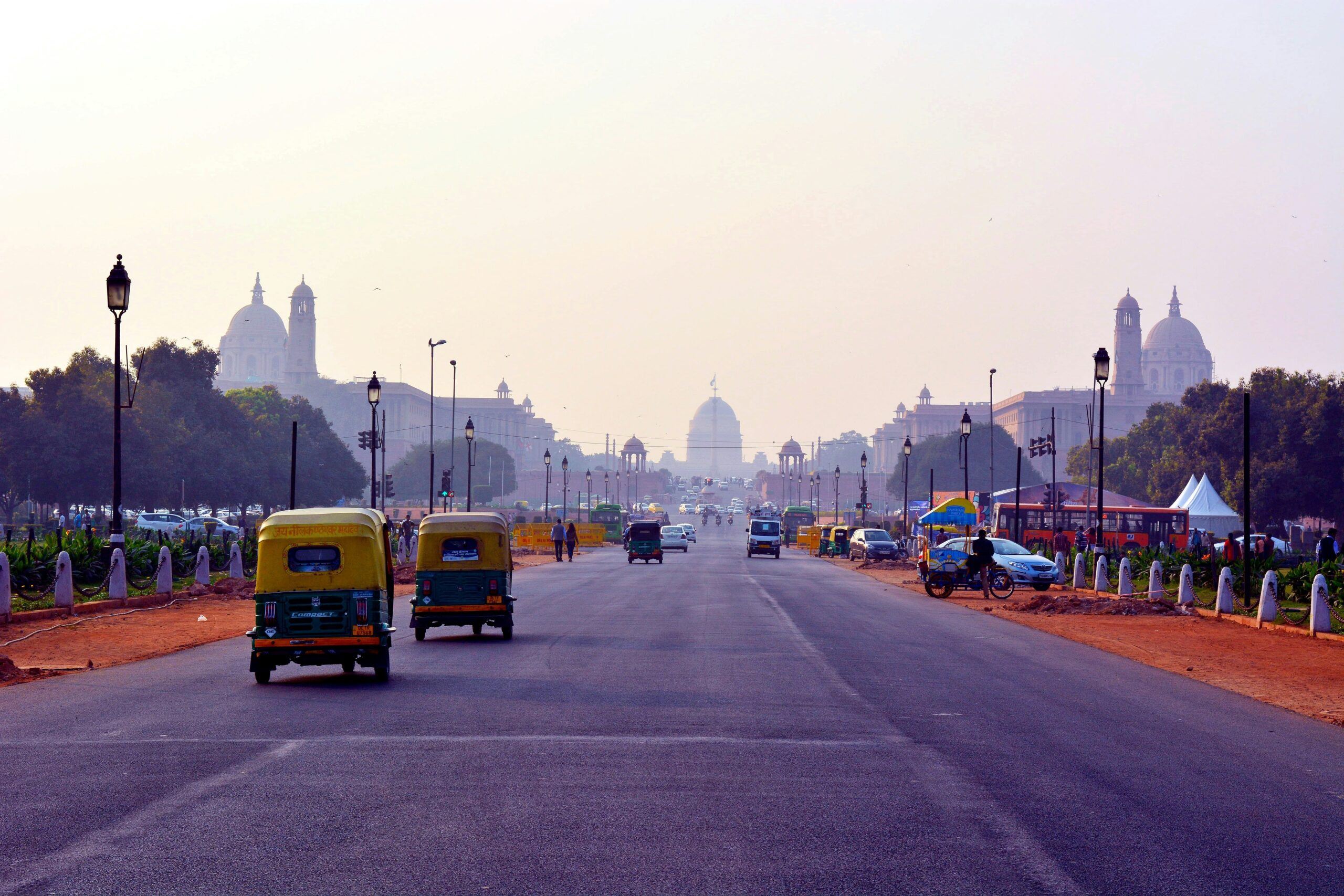While addressing a rally in Dumka, Jharkhand on May 28, Prime Minister Narendra Modi sparked controversy by claiming that the tradition of celebrating Sundays as a weekly holiday in India was linked to British colonial rule and the Christian community. However, historical evidence suggests that this claim is inaccurate.
PM Modi stated, “In our country, there is a holiday on Sunday. When the British used to rule here, the Christian community used to celebrate the holiday… Sunday is not linked to Hindus but to the Christian community. It has been a holiday since 200-300 years. Now, they have put a lock on Sunday holiday in one district and said that the holiday will be on Friday. First, they fought with Hindus, now they are fighting with Christians. What is going on?”
The issue Prime Minister Modi referred to in his speech had already been addressed by the Jharkhand Mukti Morcha-led state government. In 2022, it was discovered that 43 state-run schools in Jamtara had switched their weekly off from Sunday to Friday, a practice that had continued for two years. Upon learning of this, the state government dissolved the school management committees and reinstated Sunday as the official holiday. Therefore, the Prime Minister’s allegations that the opposition or I.N.D.I.A. alliance was “fighting Christians” and insinuating they were siding with Muslims were not only irrelevant since the matter had already been resolved, but also a non-issue at this point.
However, there was an even bigger problem with the PM’s remarks. Contrary to Modi’s assertion, the history of Sunday being declared a holiday in India has its roots in the struggle of social reformers and labor activists, rather than being imposed by British colonizers or the Christian community.
According to historical records, it was the efforts of Narayan Meghaji Lokhande, known as the “Father of the Trade Union Movement in India,” that led to Sundays being established as a weekly holiday for workers in the country. Born in Pune, Lokhande worked as a mill worker in Mumbai before founding the Bombay Mill Hands Association in the late 19th century.
Lokhande and his fellow activists campaigned for over a decade, demanding that mill owners grant workers a weekly off on Sundays. Finally, in 1890, after a protest by 10,000 workers, the Mill Owners Association relented and declared Sunday as a holiday.
While the concept of Sunday as a day of rest can be traced back to Roman emperor Constantine I, who introduced civil legislation in AD 321 designating Sunday as a day of worship and rest, its establishment as a holiday in India was the result of a hard-fought struggle by Indian labor leaders like Lokhande.
The controversy surrounding PM Modi’s remarks highlights the need for accurate historical knowledge and sensitivity when addressing issues related to religion and communities. During election season, such statements have the potential to stoke communal tensions and divisiveness.

